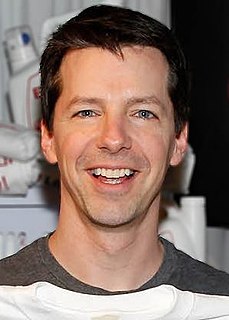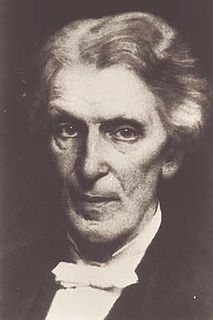A Quote by Elie Wiesel
This is the role of writers: to turn their tears into a story - and perhaps into a prayer.
Related Quotes
Before we can change anything in our life, we have to recognize that this is the way it is meant to be right now. For me, acceptance has become what I call the long sigh of the soul. It's the closed eyes in prayer, perhaps even the quiet tears. It's "all right," as in "All right, You lead, I'll follow." And it's "all right" as in "Everything is going to turn out all right." This is simply part of the journey.
Sooner mayest thou trust thy pocket to a pickpocket than give loyal friendship to the man who boasts of eyes to the heart never mounts in dew! Only when man weeps he should be alone, not because tears are weak, but they should be secret. Tears are akin to prayer,--Pharisees parade prayers, imposters parade tears.
He thought about the story his daughter was living and the role she was playing inside that story. He realized he hadn't provided a better role for his daughter. He hadn't mapped out a story for his family. And so his daughter had chosen another story, a story in which she was wanted, even if she was only being used. In the absence of a family story, she'd chosen a story in which there was risk and adventure, rebellion and independence.
Poetry is perhaps this: an Atemwende, a turning of our breath. Who knows, perhaps poetry goes its way—the way of art—for the sake of just such a turn? And since the strange, the abyss and Medusa’s head, the abyss and the automaton, all seem to lie in the same direction—is it perhaps this turn, this Atemwende, which can sort out the strange from the strange? It is perhaps here, in this one brief moment, that Medusa’s head shrivels and the automaton runs down? Perhaps, along with the I, estranged and freed here, in this manner, some other thing is also set free?
Perhaps, it is just as well to be rash and foolish for a while. If writers were too wise, perhaps no books would be written at all. It might be better to ask yourself "Why?" afterwards than before. Anyway, the force from somewhere in Space which commands you to write in the first place, gives you no choice. You take up the pen when you are told, and write what is commanded. There is no agony like bearing an untold story inside you.
I kept a lot of my thoughts inside myself. So, perhaps more than is normal, I'm always questioning my role as a writer. I'm always stopping and asking myself: Do I have the right to tell this story? Is it a story that deserves to be heard? And as for whether I think of myself as a Writer with a capital "W," I very much hope I never do.




































